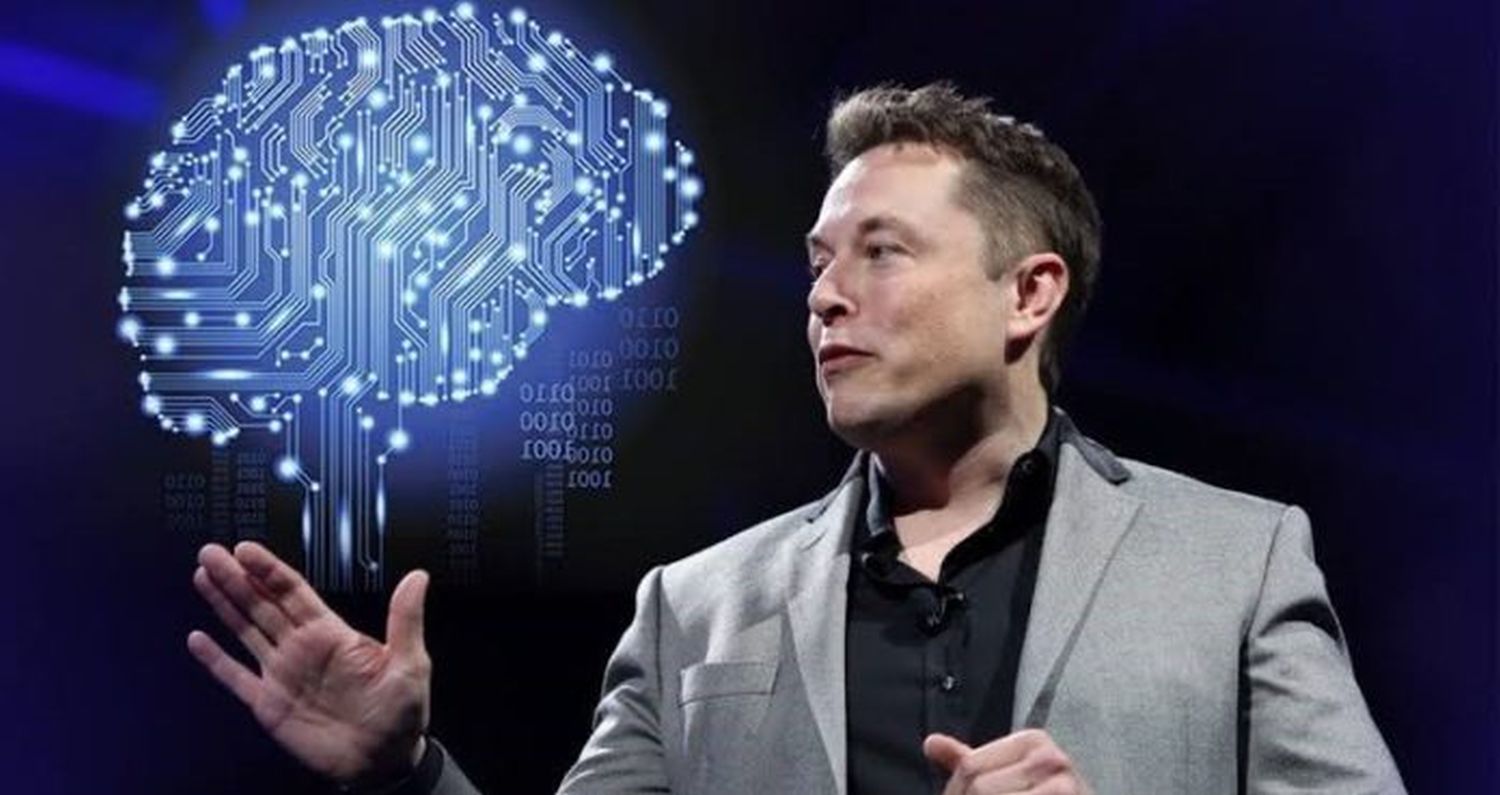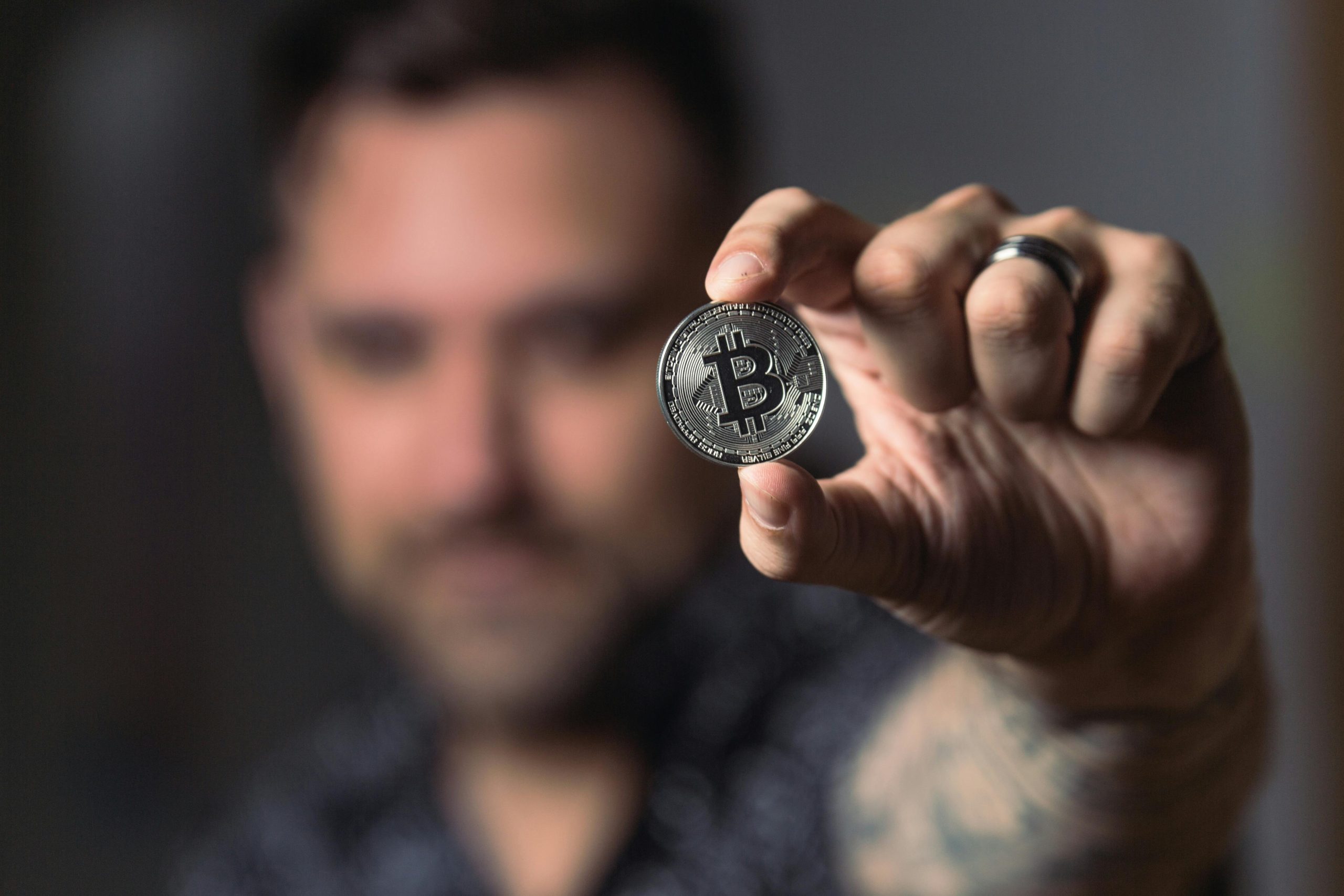Musk’s Neuralink given permission to test brain chips on humans

Neuralink, a company that develops brain chips, has received approval from the US Food and Drug Administration (FDA) for its first clinical trial in humans, Reuters reports. This is a major milestone for Elon Musk’s company, but volunteers cannot yet sign up for the study. Musk has predicted at least four times since 2019 that his Neuralink will begin clinical trials of brain chips designed to allow disabled patients to move and communicate again. But the company only asked the FDA for approval to conduct clinical trials earlier this year.
Seven unnamed former and current employees of Neuralink told Reuters in March that the FDA rejected the request for permission to conduct clinical trials, saying the company first needed to resolve some issues of concern.
The main issues concerned the device’s lithium battery, the ability to move the implant components around in the brain and the safe removal of the device without damaging brain tissue. Musk made headlines late last year when he said he was already confident enough in the safety of the devices that he would be willing to implant them in his own children.
The FDA’s approval comes at a time when U.S. lawmakers are urging regulators to investigate whether the composition of the committee overseeing animal testing at Neuralink contributed to botched and rushed trials, Reuters reports. Neuralink said on Twitter on Thursday that it had not yet begun recruiting participants for a clinical trial of its brain implants.
Neuralink’s goal is to develop a chip that would allow the brain to control complex electronic devices, restore motor function to paralyzed people and treat brain diseases such as Parkinson’s, dementia and Alzheimer’s, and it is also talking about connecting the brain to artificial intelligence, or the idea that linking humans and computers can help humans compete with increasingly powerful and capable artificial intelligences. Musk envisions disabled and healthy people receiving surgical implants in local clinics. He says the devices aim to treat a range of ailments such as obesity, autism, depression and schizophrenia, as well as enable web browsing and telepathy, Reuters reports.
In addition to Neuralink, Elon Musk also runs car company Tesla, space company SpaceX and internet firm Twitter, which operates a social network of the same name.
Source, photo: reuters.com
Author of this article
WAS THIS ARTICLE HELPFUL?
Support us to keep up the good work and to provide you even better content. Your donations will be used to help students get access to quality content for free and pay our contributors’ salaries, who work hard to create this website content! Thank you for all your support!





OR CONTINUE READING